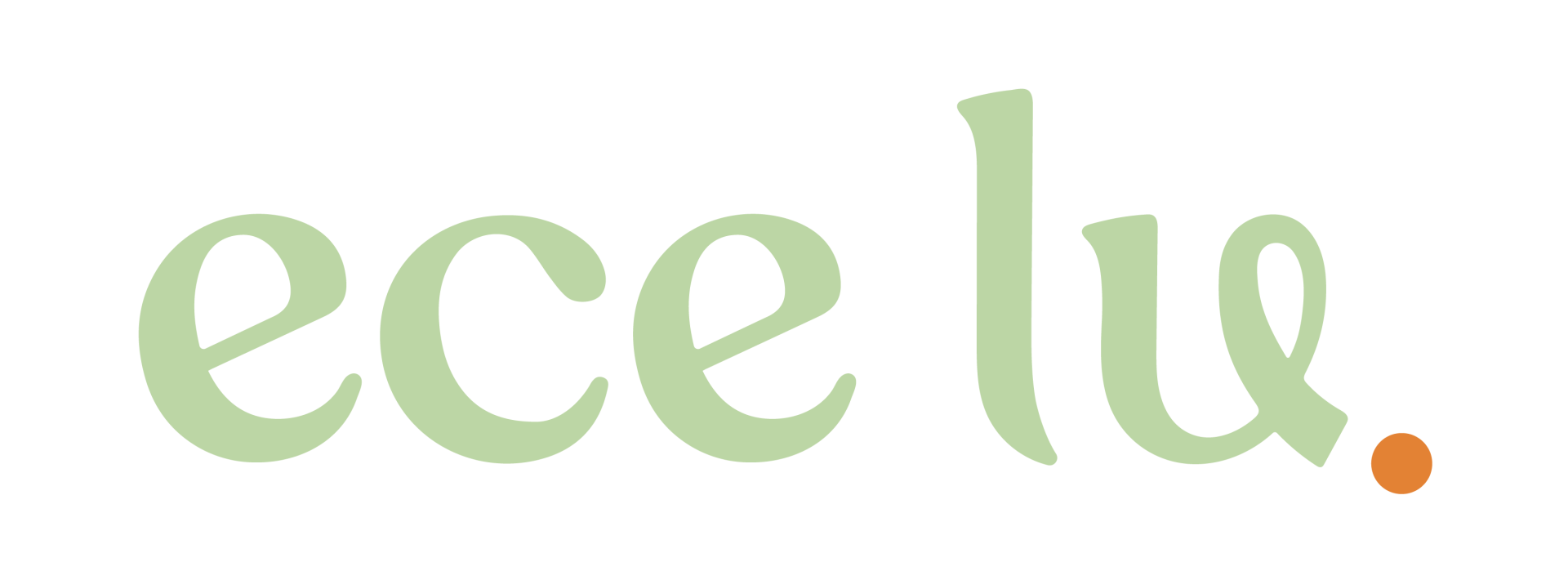What others have to say about this webinar
An amazing webinar, thought provoking, highlighted many important things about play, my brain is spinning thinking of what we do in our mahi as teachers and as a group / organisation.
jeanette
Amazing speaker! So inspiring to hear someone with such deep expertise and knowledge on children and their needs. Thank you so much for facilitating!
runa
This is a lovely way to present what autonomy looks like in play and how teachers will support the tamariki in the classroom.
marissa
2024 E-seminar
Join Members Club!
Subscribe to gain full access to our library of professional development. One payment and you can access it all.
Join as a team and you can learn together.
Join as a team and you can learn together.
Content
100+ Webinars, Courses and Resources. Ready to go 24/7
Experts
Members Club is created by ECE thought-leaders
Community
Network with like-minded educators worldwide



